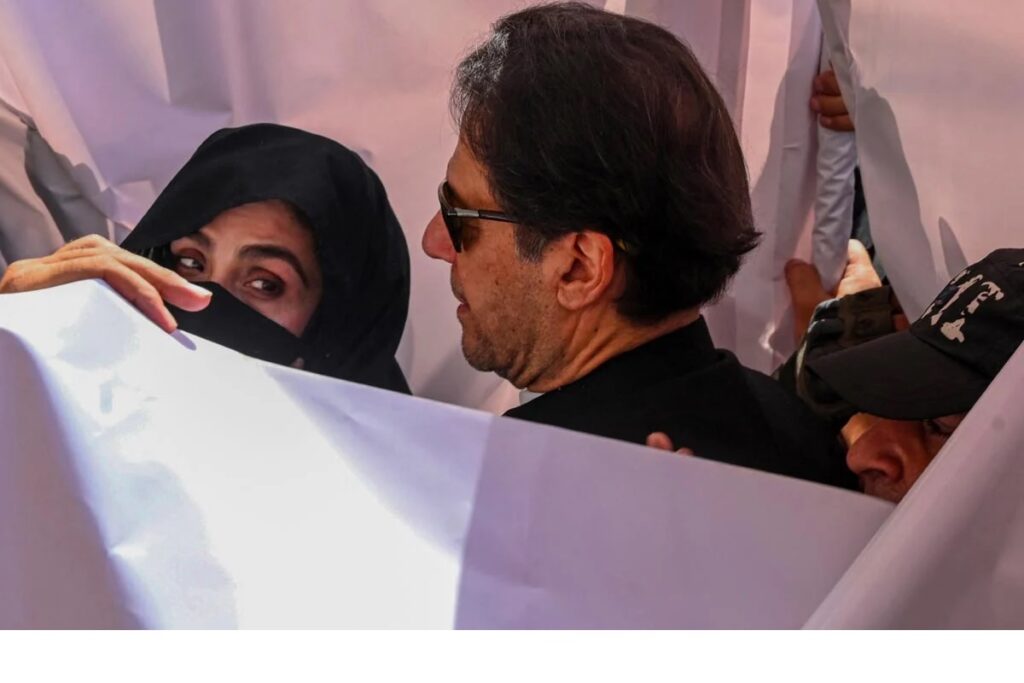ISLAMABAD:
The clash between the superior judiciary and the security establishment has intensified as the Islamabad High Court (IHC) is now directly questioning the conduct of serving military officers.
Since May 9, 2023, powerful circles have tried to pressure judges to secure favorable outcomes in political cases related to the PTI and its founder, Imran Khan.
Several of these incidents were reported in a letter penned by six of the eight IHC judges to the Supreme Judicial Council (SJC) chairman on March 25.
It is an open secret that the results of the February 8 general elections have changed the situation. Judges who were previously silent about the roles of spy agencies are now showing the courage to reclaim their independence.
Following the letter by IHC judges, judges from other high courts also acknowledged interference by spy agencies in judicial functions. However, Chief Justice of Pakistan Qazi Faez Isa has not made any statement to show solidarity with the IHC judges.
Despite his silence, the IHC judges have been successful in pressuring the executive authorities, who are now willing to negotiate with the judiciary.
Similarly, Lahore High Court Chief Justice Malik Shehzad Ahmed Khan has taken steps, such as nominating elections tribunals and judges of Anti-Terrorism Courts (ATCs), which are also irking the current government, particularly the security establishment.
There is no doubt that the PTI is the biggest beneficiary of this tussle between the executive and the judiciary. There is also a realization among the executive, including powerful circles, about the changing situation.
A high-level meeting was held in the Prime Minister’s Office last week. During this meeting, participants decided to initiate institutional dialogue with the judges.
However, a lawyer believes that no dialogue can be successful under the current circumstances. The executive authorities need to take measures to gain the judiciary’s confidence. Backchannel contacts will only be effective if the government undertakes some confidence-building measures.
Some political analysts say that the security establishment needs to review its policy towards independent judges questioning the role of agencies in judicial functions.
They should understand that an aggressive policy will further damage them, as it did during the rule of former military ruler Pervez Musharraf when former CJP Iftikhar Muhammad Chaudhry took a stand.
Likewise, the government should also change its policy towards the PTI, which is receiving massive support from the masses. PTI leaders are not afraid of any coercive action by state institutions.
State institutions may not have changed their policy towards the PTI, but a majority of judges are now unwilling to facilitate the implementation of that policy.
CJ Isa has already conveyed to the government that he is not interested in an extension of his tenure. Justice Isa is retiring on October 25, and his refusal is shocking for the current government.
The IHC judges are taking up sensitive matters, which may further irk the present government. Instead of campaigning against judges, powerful circles should adopt a reconciliatory approach towards them.
It is, however, a fact that the media is divided on the clash between the judiciary and the security establishment. The majority of media persons supported the judiciary in the past. However, the situation has changed.
Currently, anti-Imran Khan sentiments are dominant in the media, and they do not want any move from the judiciary to help the PTI founder.
